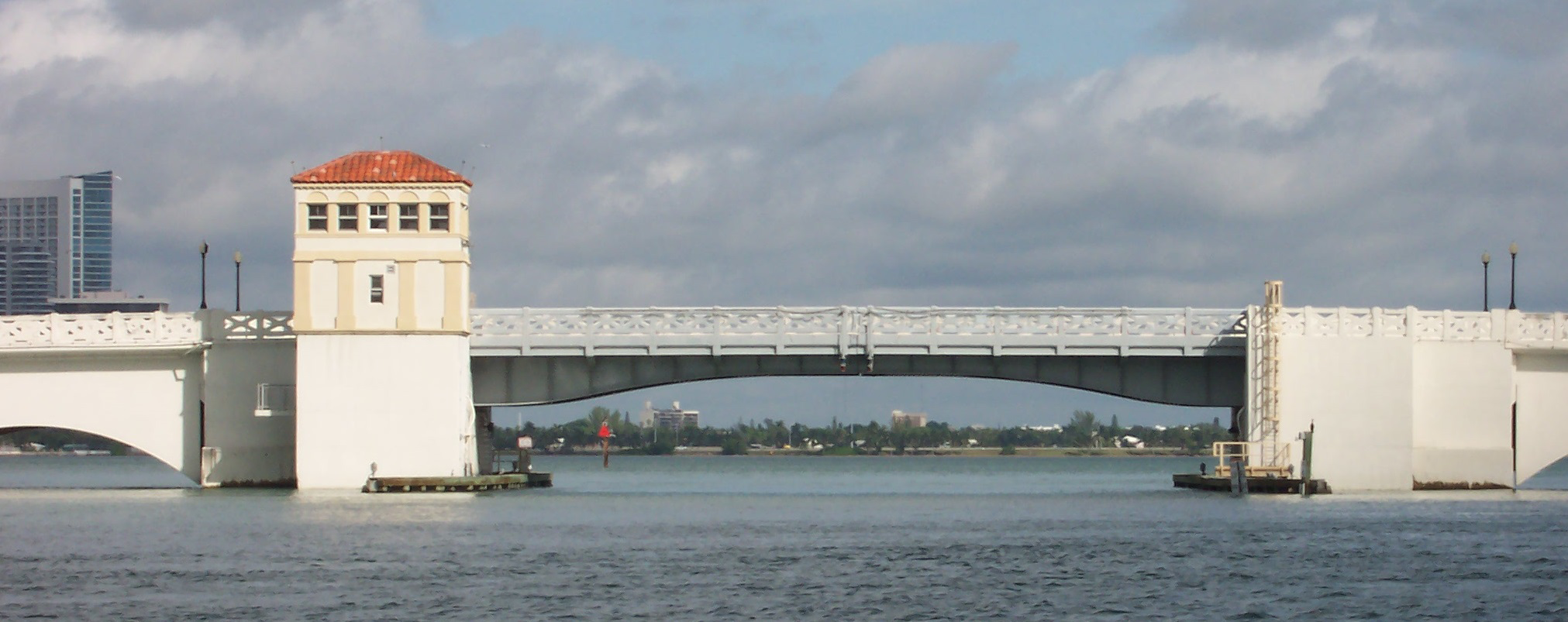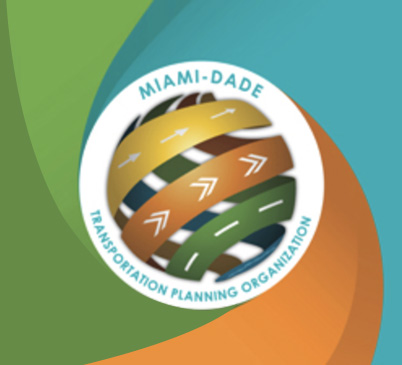Transportation Alternatives Program
 A federal funding program, established by the U.S. Department of Transportation in 2012 to guide the growth and development of the country’s vital transportation infrastructure (Moving Ahead for Progress in the 21st Century (MAP-21), created the Transportation Alternatives Program (TAP).
A federal funding program, established by the U.S. Department of Transportation in 2012 to guide the growth and development of the country’s vital transportation infrastructure (Moving Ahead for Progress in the 21st Century (MAP-21), created the Transportation Alternatives Program (TAP).
The TAP replaces the funding from pre-MAP-21 programs including Transportation Enhancements, Recreational Trails, Safe Routes to School, and several other discretionary programs, wrapping them into a single funding source.
On December 2015, FAST Act eliminated the MAP-21 TAP and replaced it with the Transportation Alternatives (TA) under the Surface Transportation Block Grant (STBG) program. The TA grant program provides funding for all projects and activities that were previously eligible under TAP.
Eligible entities to receive TAP funds are:
- local governments
- regional transportation authorities
- transit agencies
- natural resource or public land agencies
- school districts
- local education agencies, or schools
- tribal governments
- other local or regional governmental entity with responsibility for oversight of transportation or recreational trails
Under TA, nonprofits are not eligible as direct grant recipients of the funds. However, nonprofits are eligible to partner with any eligible entity on an eligible TAP project, if state or local requirements permit.
The TA provides funding for programs and projects defined as transportation alternatives, including:
- Construction of on-road and off-road facilities for pedestrians and bicyclists, and other non-motorized forms of transportation, including sidewalks, bicycle infrastructure, pedestrian and bicycle signals, traffic calming techniques, lighting and other safety-related infrastructure, and transportation projects to achieve compliance with the Americans with Disabilities Act (ADA) of 1990.
- Construction, planning, and design of infrastructure-related projects and systems that will provide safe routes for non-drivers, including children, older adults, and individuals with disabilities to access daily needs.
- Conversion and use of abandoned railroad corridors for trails for pedestrians, bicyclists, or other non-motorized transportation users.
- Construction of turnouts, overlooks, and viewing areas.
- Community improvement activities, which include but are not limited to:
- Inventory, control, or removal of outdoor advertising,
- Historic preservation and rehabilitation of historic transportation facilities,
- Vegetation management practices in transportation rights-of-way to improve roadway safety, prevent against invasive species, and provide erosion control
- Archaeological activities relating to impacts from implementation of a transportation project eligible under title 23 of the US Code.
- Any environmental mitigation activity, including pollution prevention and pollution abatement activities and mitigation to:
- address storm water management, control, and water pollution prevention or abatement related to highway construction or due to highway runoff, including activities described in 23 U.S.C. 133(b) (11), 328(a), and 329; or
- reduce vehicle-caused wildlife mortality or to restore and maintain connectivity among terrestrial or aquatic habitats.
- The Safe Routes to School (SRTS) program eligible projects and activities listed at section 1404(f) of the SAFETEA-LU include:
- Infrastructure-related projects
- Non-infrastructure-related activities
- SRTS coordinator. SAFETEA-LU section 1404(f)(2)(A) lists “managers of safe routes to school programs” as eligible under the non-infrastructure projects.
- Planning, designing or constructing boulevards and other roadways largely in the right-of-way of former Interstate System routes or other divided highways.
- The recreational trails program under 23 U.S.C. 206 of title 23.
- Application Launch: November 1, 2024
- TPO/FDOT Workshop: November 6, 2024
- Application Deadline: December 6, 2024
- Applicant Presentation to TPO: January 16, 2025
2023 Application Cycle
- City of Homestead - SW 4th Street Improvements Application
- City of Opa-Locka - Update Citywide Sidewalk Enhancements Application
- Miami-Dade County DTPW - Hialeah Gardens Middle & High School SRTS Application
- Miami-Dade County Parks - Biscayne Trail Segment D Phase 1 Construction Application
- North Bay Village - ADA Sidewalk Improvement Application
- Village of Pinecrest - Ludlam Road Shared Used Path Application
